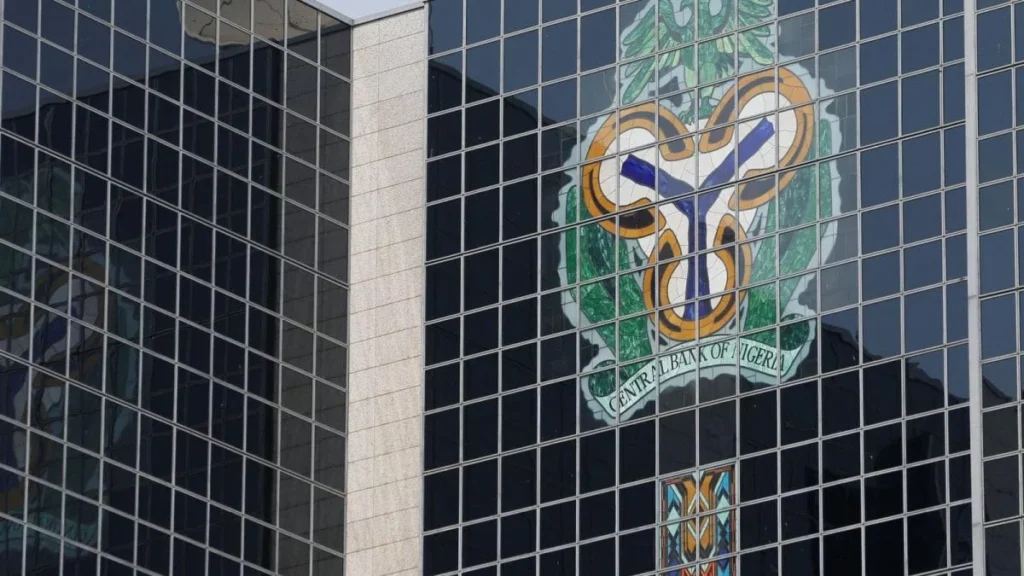The Central Bank of Nigeria (CBN) has announced the removal of caps on naira exchange rates for international money transfer operators (IMTOs), aiming to liberalize the foreign exchange market and improve the naira’s performance.

The Central Bank of Nigeria (CBN) made a significant announcement on January 31, 2024, declaring the removal of caps on naira exchange rates for international money transfer operators (IMTOs).
This decision, which overrides a previous CBN circular issued on September 13, 2023, allows IMTOs to offer naira payout rates based on the prevailing market rates instead of being limited by a range not exceeding 2.5% of the previous day’s exchange rate.
The CBN’s announcement aims to further liberalize the foreign exchange market and enhance the efficiency and transparency of naira transactions. The apex bank hopes that by removing the caps, it will reduce the pressure on the naira and narrow the gap between the official and parallel market exchange rates.
The CBN’s announcement has already had a positive impact on the naira’s performance against major currencies, especially the US dollar. On February 1, 2024, the naira gained over 8% against the dollar and this marked a notable recovery from the previous low of naira per dollar on January 28, 2024.
Analysts attribute this improvement to the CBN’s decision to remove the caps, which has increased the supply and demand of naira in the official market and reduced the incentive for dollar hoarding in the parallel market. The announcement has also boosted the confidence and optimism of naira traders and investors, who expect more stability and liquidity in the foreign exchange market.
Despite the positive effects of the CBN’s announcement, the naira still faces some challenges and uncertainties in the foreign exchange market.
The CBN’s announcement coincided with reports that some licensed foreign exchange dealers were considering shutting down their operations, citing low profitability and high operational costs. This could affect the availability and accessibility of foreign exchange for naira users.
Moreover, the naira’s value and stability still depend on various external and internal factors, such as the global oil prices, the COVID-19 pandemic, the inflation rate, the fiscal and monetary policies, and the regulatory environment.
The CBN still has to strike a balance between liberalizing the market and preventing excessive volatility, as well as ensuring adequate foreign exchange reserves and effective interventions.
